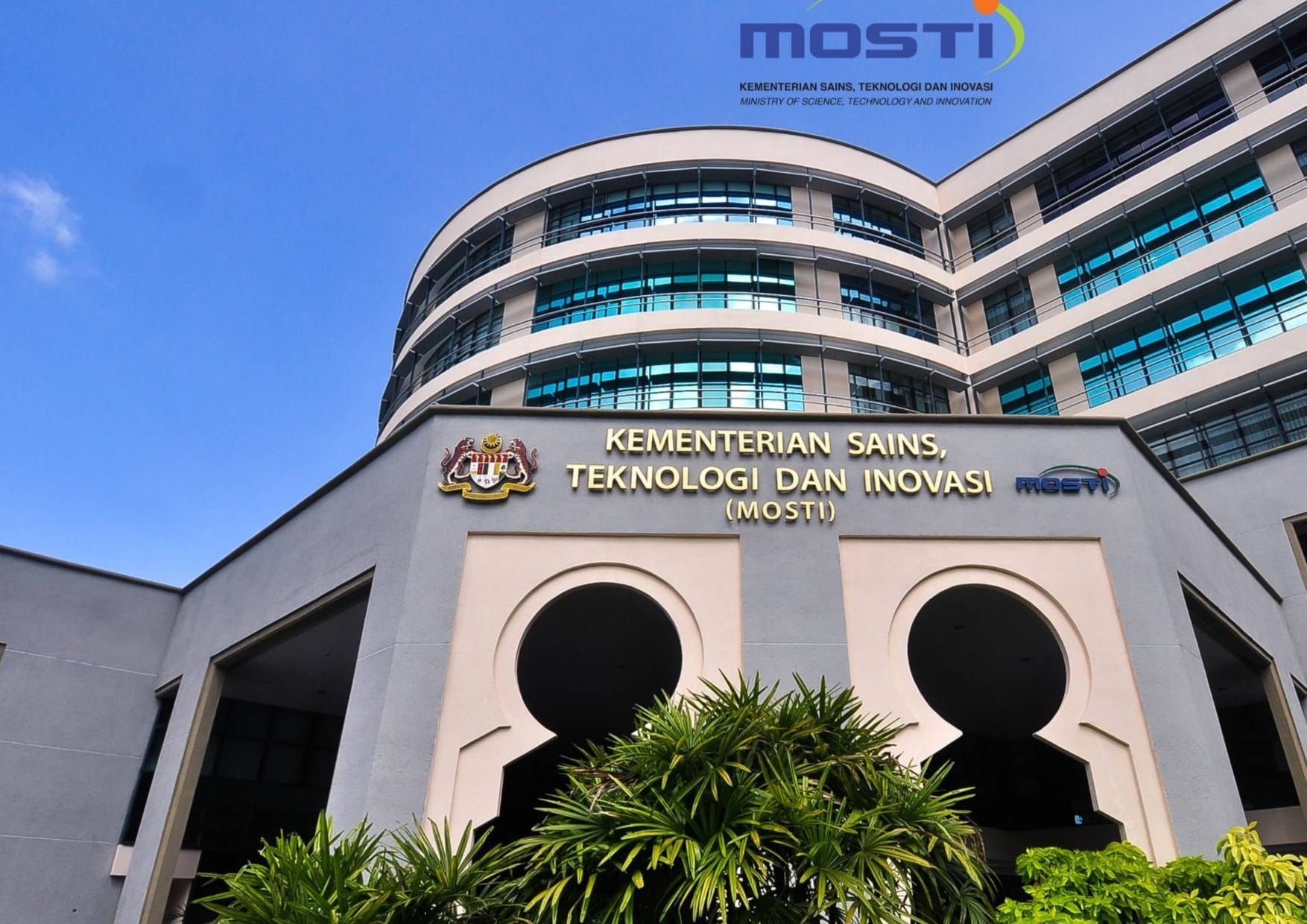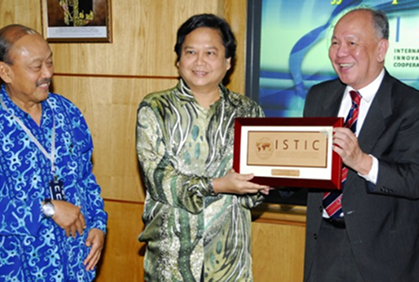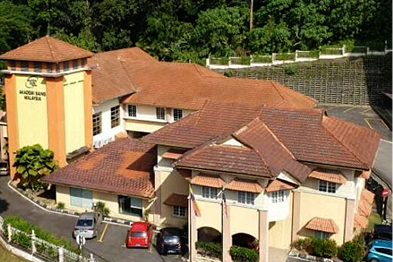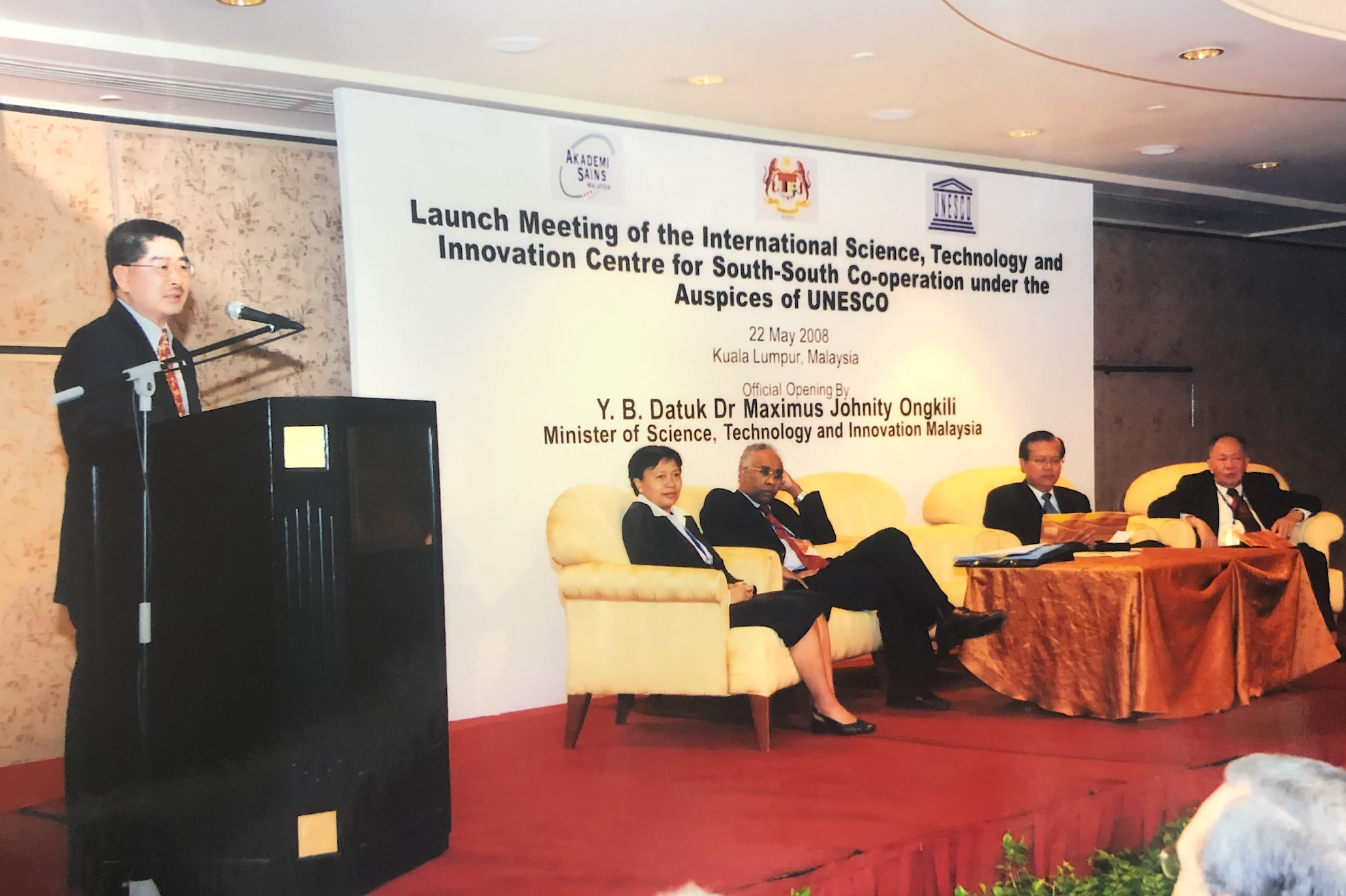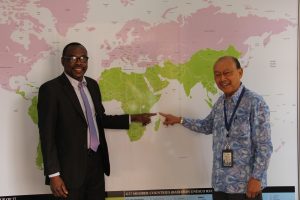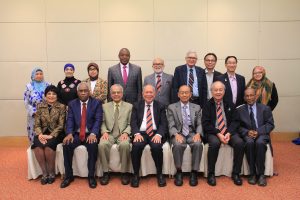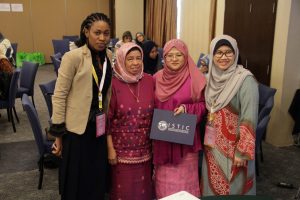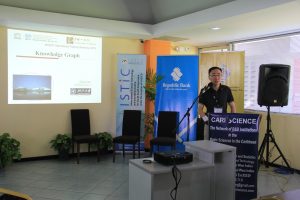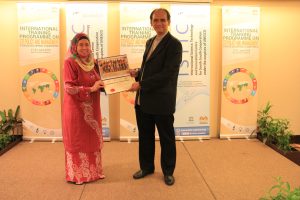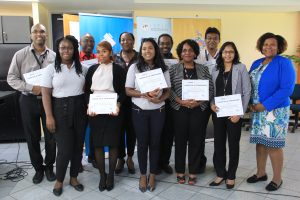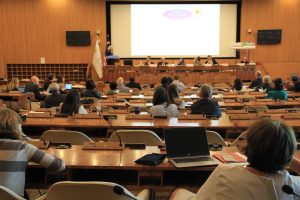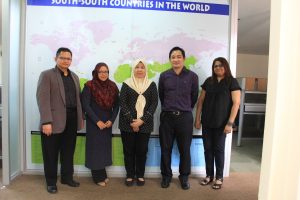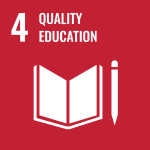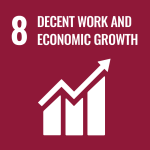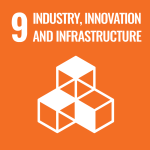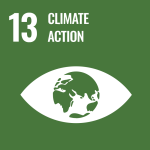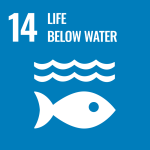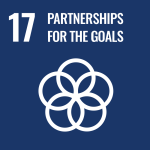About ISTIC
Our Mission
A global leader in STI and the driving force for developing countries’ nation-building and socio-economic development.
Our Vision
A leading international platform offering sustainable programmes and services in producing holistic talents towards institutional excellence and and augmenting sustainable development for South-South Cooperation.
The establishment of the International Science, Technology, and Innovation Centre for South-South Cooperation under the auspices of UNESCO (ISTIC-UNESCO) marked a successful outcome of the Second South Summit of the Heads of State and Government of the Group of 77 and China in Doha, Qatar, held in June 2005.
During the Summit, UNESCO was urged to develop and implement a program for South-South cooperation in science and technology. The objective was to facilitate the integration of a developmental approach into national science, technology, and innovation policies, to build capacity in science and technology by providing policy advice and exchanging experiences and best practices, and to create a problem-solving network of centres of excellence in developing countries. Additionally, it aimed to support the exchange of students, researchers, scientists, and technologists among developing countries.
Today, ISTIC or the International Science, Technology and Innovation Centre for South-South Cooperation under the Auspices of UNESCO is actively pursuing its overall goal of increasing the capacity for management of science, technology and innovation throughout developing countries. countries.
A UNESCO’s Initiative
One of UNESCO’s priority objectives is to provide capacity building in science and technology. Since the key drivers of sustainable socio-economic development in the 21st Century are science, technology and innovation, UNESCO’s action in science policy is focused on the integration of science, technology and innovation into national development policies and economic reform agendas of countries, in particular Least Developed Countries (LDCs).
However, many developing countries who have taken the initiative to use science and technology for development are facing problems. They lack capacity in science, technology and innovation management. They do not have an appropriate science and technology system, or have a fragmented system that greatly needs coordination. They need assistance. There was a glaring need for an international platform for science, technology and innovation policies in developing countries.
It is in this context that ISTIC was established, with Malaysia chosen to host a UNESCO Category 2 Centre dedicated to science, technology and innovation.
Since our establishment, we have entered into three agreements with UNESCO.
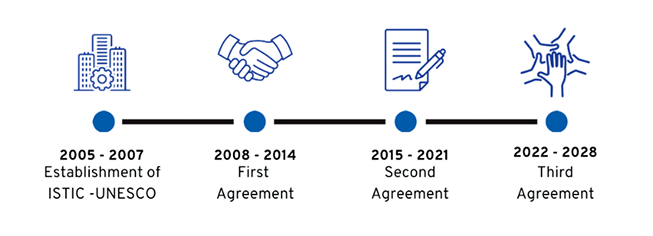
Our Sustainable Developmental Goals (SDGs)
At the core of our purpose is a commitment to championing the United Nations’ Sustainable Development Goals (SDGs), driving meaningful change and contributing to a more sustainable and equitable future.
MOSTI’s role
ISTIC is established as an UNESCO Category 2 Centre and Malaysia, as the host government, had assumed the responsibility for providing office space, and operating and administrative expenses for the Centre through The Ministry of Science, Technology and Innovation (MOSTI).
MOSTI took its responsibility to heart and helped realise the formation of ISTIC by having the Academy of Sciences Malaysia to host and to build an annexe to house the ISTIC office; and to provide the necessary equipment, recurring costs for staffing, consumables and other contingencies. The Malaysian Government also provides ISTIC with funds to conduct its Programmes and Activities.
MOST represents the Malaysian Government’s commitment to ISTIC towards realising the South-South Cooperation in science, technology and innovation in partnership with UNESCO. MOSTI continues to lend strong support to ISTIC to enable it to sustain its role as a key advocate for South-South Cooperation in science, technology and innovation in nation building.
